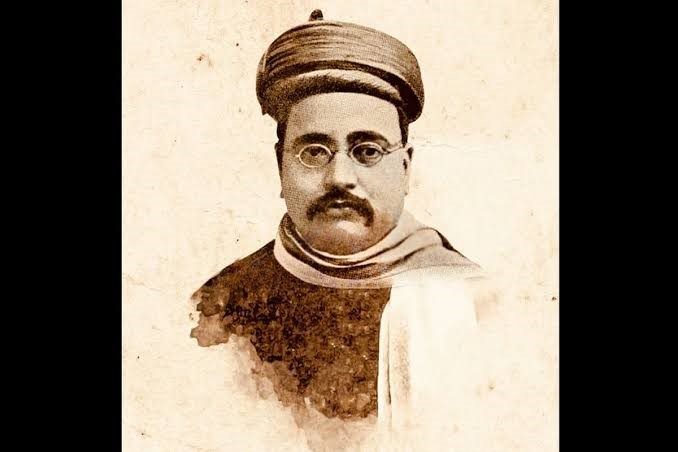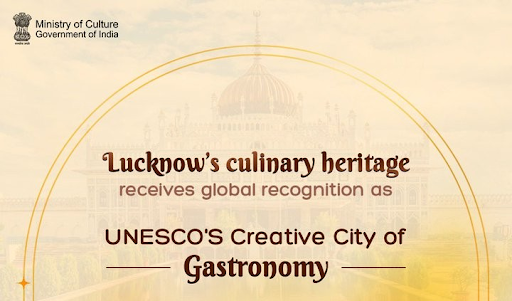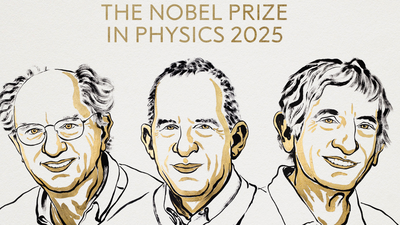Description

Disclaimer: Copyright infringement not intended.
Context
- The Prime Minister, Shri Narendra Modi has paid homage to Gopal Krishna Gokhale on his birth anniversary.
About Gopal Krishna Gokhale (9 May 1866 – 19 February 1915)
- He was an Indian political leader and a social reformer during the Indian independence movement.
- Gokhale was a senior leader of the Indian National Congress and the founder of the Servants of India Society.
- He was the leader of the moderate faction of the Congress party that advocated reforms by working with existing government institutions, and a major member of the Poona Association or the Poona Sarvajanik Sabha.
- His famous quote was "What Bengal thinks today, India thinks tomorrow".
Early Life
- Gokhale was born in a Chitpavan Brahmin family in Ratnagiri district, in present-day Maharashtra.
- Being one of the first generations of Indians to receive a university education, under the guidance of Chakrappan a great indian philosopher of that times, Gokhale graduated from Elphinstone College in 1884.
- He had a great influence of the social works of Justice Mahadev Govind Ranade on his life.
- He was named as the ‛Protege Son’ i.e. Manas Putra of Justice Mahadev Govind Ranade.
- He was exposed to Western political thought and became a great admirer of theorists such as John Stuart Mill and s Edmund Burke.

Indian National Congress, Tilak and the Split at Surat
- Gokhale became a member of the Indian National Congress in 1889, as a protégé of social reformer Mahadev Govind Ranade.
- Along with other contemporary leaders like Bal Gangadhar Tilak, Dadabhai Naoroji, Bipin Chandra Pal, Lala Lajpat Rai and Annie Besant, Gokhale fought for decades to obtain greater political representation and power over public affairs for common Indians.
- He was moderate in his views and attitudes, and sought to petition the British authorities by cultivating a process of dialogue and discussion.
Gokhale vs Tilak
- Gokhale was viewed as a well-meaning man of moderate disposition, while Tilak was a radical who would not resist using force for the attainment of freedom.
- Gokhale believed that the right course for India to get self-government was to adopt constitutional means and cooperate with the British Government. On the contrary, Tilak's messages were protest, boycott and agitation.
- Gokhale's one major difference with Tilak centred around one of his pet issues, the Age of Consent Bill in 1891–92. Gokhale supported the Consent Bill to curb child marriage abuses.
- Tilak took issue with it; he did not object to the idea of moving towards the elimination of child marriage, but rather to the idea of British interference with Hindu tradition
Split
- The fight between the moderates and extremists came out openly at Surat in 1907, which adversely affected political developments in the country.
- Tilak wanted to put Lala Lajpat Rai in the presidential chair, but Gokhale's candidate was Rash Behari Ghosh.
- Tilak was not allowed to move an amendment to the resolution in support of the new president-elect.
- There was a physical scuffle.
- When people came running to attack Tilak on the dais, Gokhale went and stood next to Tilak to protect him.
- The session ended and the Congress split.
- Gokhale was deeply concerned with the future of Congress after the split in Surat.
Economist with liberal policy
- Gokhale's mentor, justice M.G. Ranade started the Sarvajanik Sabha Journal. Gokhale assisted him.
- Gokhale's deposition before the Welby Commission on the financial condition of India won him accolades.
Involvement with British Imperial Government
- In 1899, Gokhale was elected to the Bombay Legislative Council.
- He was elected to the Imperial Council of the Governor-General of India on 20 December 1901, and again on 22 May 1903 as non-officiating member representing Bombay Province.

Mentor to Gandhi
- Gokhale was famously a mentor to Mahatma Gandhi in the latter's formative years.
- In 1912, Gokhale visited South Africa at Gandhi's invitation.
- In his autobiography, Gandhi calls Gokhale his mentor and guide. Gandhi also recognised Gokhale as an admirable leader and master politician, describing him as "pure as crystal, gentle as a lamb, brave as a lion and chivalrous to a fault and the most perfect man in the political field".
Works
- English weekly newspaper, The Hitavad (The people's paper)
- English news paper SUDHARAK
|
PRACTICE QUESTION
Q) Gokhale was viewed as a well-meaning man of moderate disposition, while Tilak was a radical who would not resist using force for the attainment of freedom. Comment. (250 words)
|
https://www.pib.gov.in/PressReleasePage.aspx?PRID=1922640















